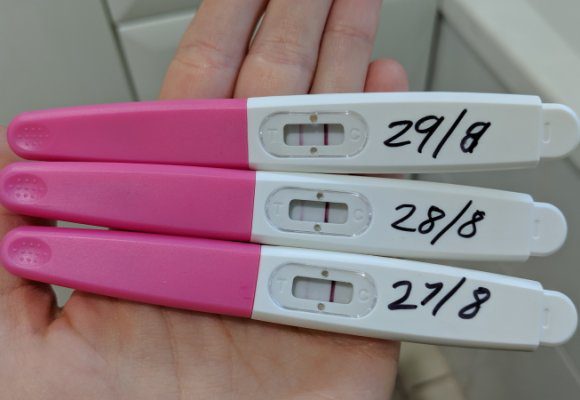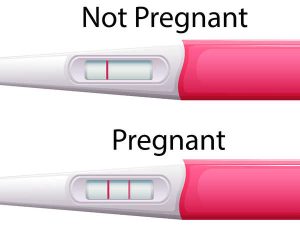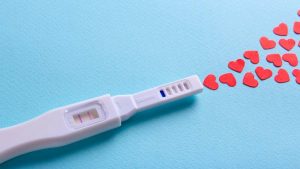If you’re trying to conceive or just curious about your reproductive health, you might be interested in using a fertility test kit at home. These kits are designed to measure various hormones and biomarkers that can indicate your fertility potential and ovulation patterns. But how accurate are these kits, and how do they compare to in-person testing?
In this blog post, we’ll explore some of the benefits and limitations of at-home fertility test kits, and how they’ve improved over the years to provide more reliable and comprehensive results.
What are at-home fertility test kits?
At-home fertility test kits are products that allow you to collect a sample of your blood, urine, saliva, or semen at home and send it to a lab for analysis. Depending on the type of kit, you can test for different aspects of your fertility, such as:
– Ovarian reserve: This refers to the number and quality of eggs that you have left in your ovaries. Some of the hormones that can indicate your ovarian reserve are follicle-stimulating hormone (FSH), estradiol, and anti-Mullerian hormone (AMH).
– Ovulation: This is the process of releasing an egg from your ovary each month. Some of the hormones that can indicate your ovulation are luteinizing hormone (LH), progesterone, and estrogen. Some kits also measure other biomarkers, such as basal body temperature (BBT), resting pulse rate (RPR), or cervical mucus.
– Sperm count and quality: This refers to the number and health of sperm cells that you produce. Some of the parameters that can indicate your sperm quality are concentration, motility, morphology, and DNA fragmentation.
Why use at-home fertility test kits?
At-home fertility test kits can offer several advantages over in-person testing, such as:
– Convenience: You can collect your sample at any time and place that suits you, without having to make an appointment or travel to a clinic.
– Privacy: You can test discreetly and confidentially, without having to share your personal information or results with anyone else.
– Affordability: You can save money by paying only for the tests that you need, without having to pay for consultation fees or insurance copays.
– Education: You can learn more about your reproductive health and how it changes over time, without having to rely on guesswork or myths.
– Empowerment: You can take charge of your fertility journey and make informed decisions about your family planning goals.
How accurate are at-home fertility test kits?
At-home fertility test kits have become more accurate than ever before, thanks to advances in technology and research. Some of the factors that contribute to their accuracy are:
– Quality control: Most at-home fertility test kits use certified labs that follow strict standards and protocols to ensure the validity and reliability of their results. They also use high-quality materials and equipment that minimize errors and contamination.
– Hormone detection: Most at-home fertility test kits use sensitive methods to detect very low levels of hormones in your sample, such as enzyme-linked immunosorbent assay (ELISA) or chemiluminescence immunoassay (CLIA). They also use specific antibodies that bind only to the hormone of interest, reducing false positives or negatives.
– Data analysis: Most at-home fertility test kits use sophisticated algorithms and artificial intelligence to interpret your results and provide personalized insights and recommendations. They also use large databases and scientific literature to compare your results with normal ranges and trends.
What are the limitations of at-home fertility test kits?
At-home fertility test kits are not perfect, and they have some limitations that you should be aware of, such as:
– Variability: Your hormone levels can fluctuate depending on various factors, such as your age, cycle length, stress level, diet, medication use, or underlying conditions. Therefore, one test may not give you the full picture of your fertility status, and you may need to repeat the test or use multiple tests over time.
– Interpretation: Your results may not be easy to understand or apply to your situation, especially if they are abnormal or inconclusive. You may need to consult with a healthcare professional or a fertility specialist for further evaluation and guidance.
– Diagnosis: At-home fertility test kits are not intended to diagnose or treat any medical condition or infertility issue. They are only meant to provide information and education about your reproductive health. If you have any concerns or symptoms related to your fertility, you should seek medical attention as soon as possible.





